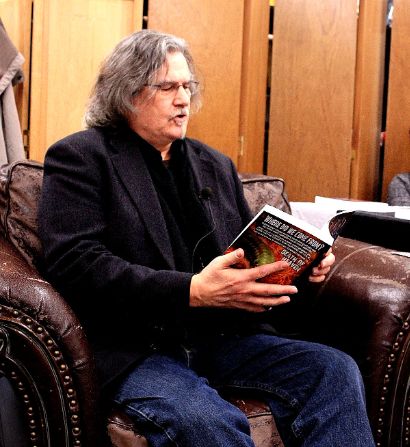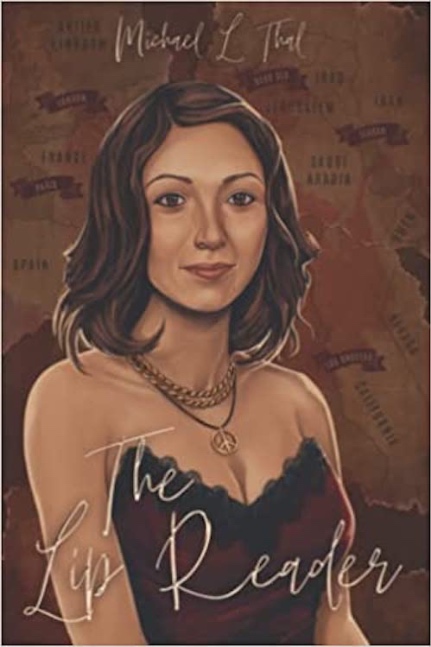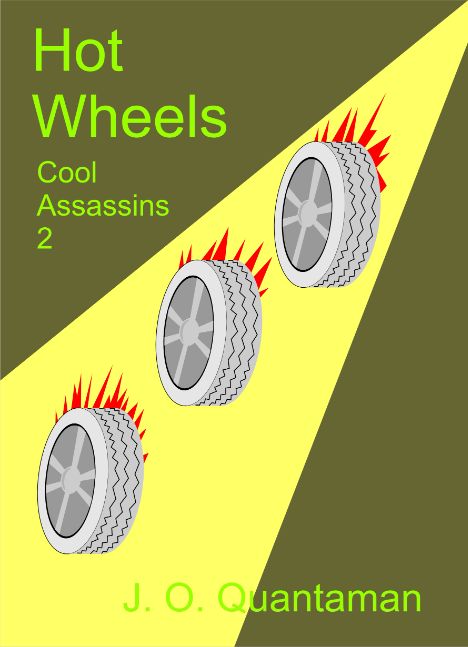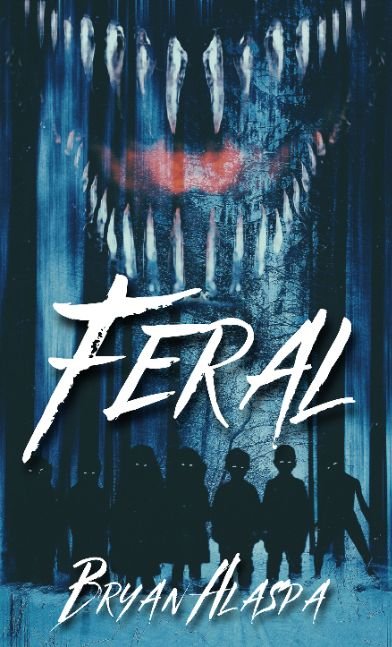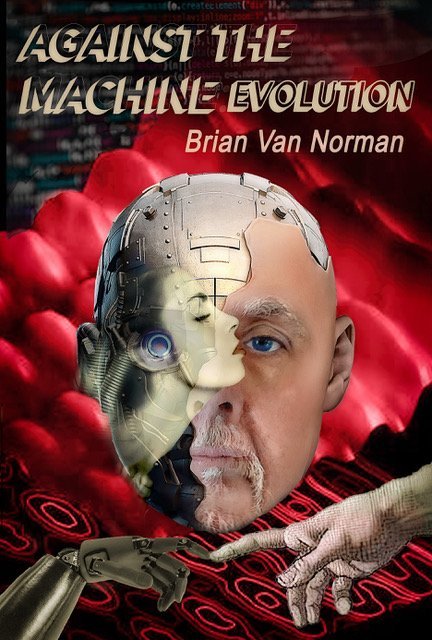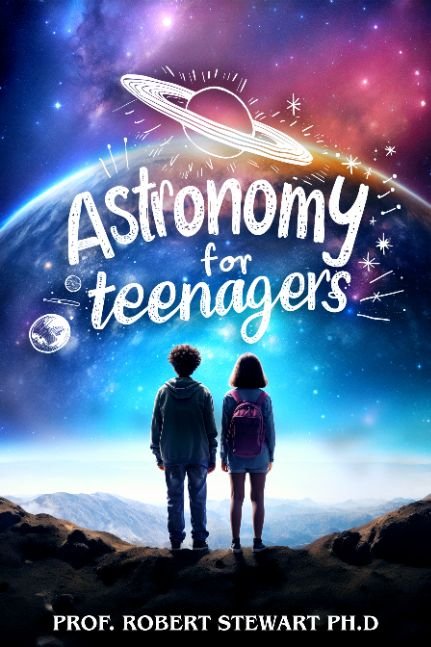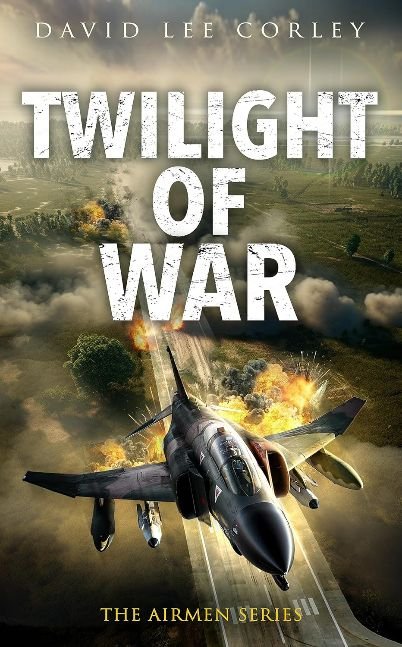- Home
- Book Trailer
- Interview with JZ Murdock: Exploring the Darkness Behind Death of Heaven
Interview with JZ Murdock: Exploring the Darkness Behind Death of Heaven
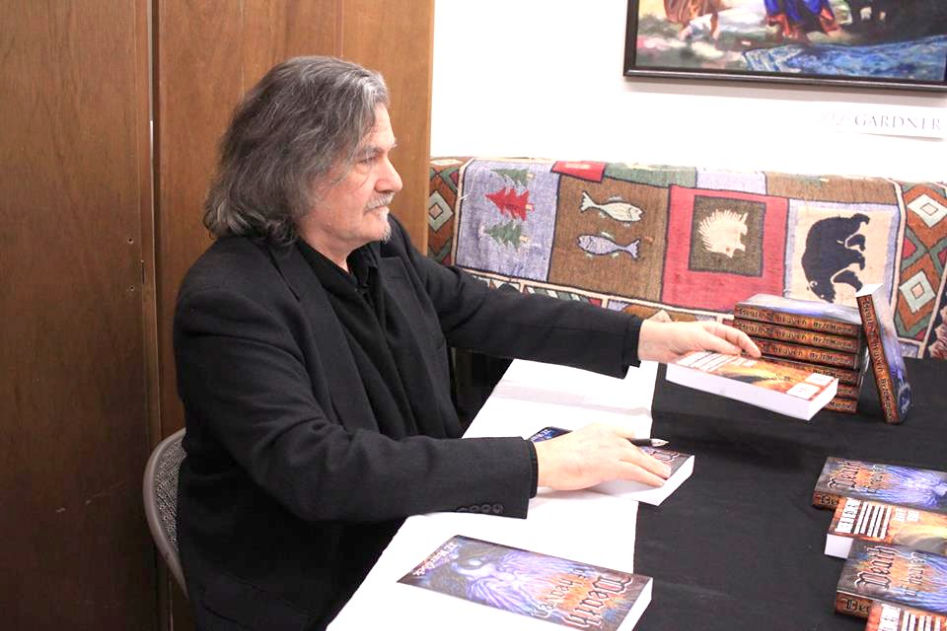 https://jzmurdock.com/
https://jzmurdock.com/
When you're working on a book and a new idea pops up, should you pursue it immediately (also known as 'UP syndrome') or finish your current project first? What do you think is the best course of action?
When a new idea pops up while I’m working on a book, I usually make notes and keep moving. I read years ago that professional writers throw nothing away—and I’ve taken that to heart. When I cut a favorite phrase, sentence, or paragraph, I save it. Same goes for new ideas. I jot them down so I don’t lose them, but I stay on track with the current project to maintain the mindset and momentum I’ve built. That said, if an idea is so strong it pulls me away completely, it often means I’m either bored with what I’m working on or something’s off. In that case, I give myself permission to explore the new idea—taking a break can help me return to the original work with renewed energy and clarity.
Describe the [book/series] in 10 words or less for people who are just learning about it.
Humanity faces ancient cosmic forces—reality fractures, truth dissolves.
To date, what is your favorite (or most difficult) chapter you have ever written?
One of my favorite—and most challenging—chapters I’ve ever written is Vaughan’s Theorem, a section in Death of Heaven inspired by my 1983 short story The Mea Culpa Document of London. It’s a layered piece that explores the tension between guilt, memory, and revelation, framed within a descent into madness. Writing it required walking a tightrope between psychological horror and metaphysical dread, while preserving a sense of literary restraint. The complexity of the ideas—and the responsibility to do justice to the original story—made it difficult. But the result, I believe, deepens the novel’s central themes of fractured reality and cosmic justice.
How long did it take you to write this book?
Death of Heaven evolved over more than twenty years. It began as a collection of short stories I wrote during that time—pieces that explored unsettling themes, cosmic horror, and psychological unraveling. Eventually, I realized these stories could be woven together, framed by an overarching narrative that gave them cohesion and greater weight. Framing, it seems, is something I’m naturally drawn to—and good at. I once took three unrelated short stories and scripts, combined them into a screenplay called HearthTales, and found the framing story was so compelling that it overtook the originals. That evolved into Gray and Lover: The Hearth Tales Incident, which became a franchise-style screenplay on its own. A similar process happened with Death of Heaven, only this time the blend worked exactly as I’d hoped. While both projects have won awards, I’m especially proud of how Death of Heaven came together—it became something larger and more resonant than the sum of its parts.
Do you listen to music while you write? If so, what kind of music do you like to listen to?
Absolutely—I love blasting music while I write. My tastes are very eclectic. Growing up, I came to appreciate that all music—if written and performed well—is good music. That philosophy still shapes my listening habits. I tend to lean toward rock, prog rock, jazz, classical, experimental… really, just about anything. What I listen to often depends on the scene I’m working on. A tense or introspective moment might call for something ambient or orchestral, while an action-heavy or chaotic sequence might get paired with something loud and driving. Music helps me access the emotional tone I need to bring a scene to life.
